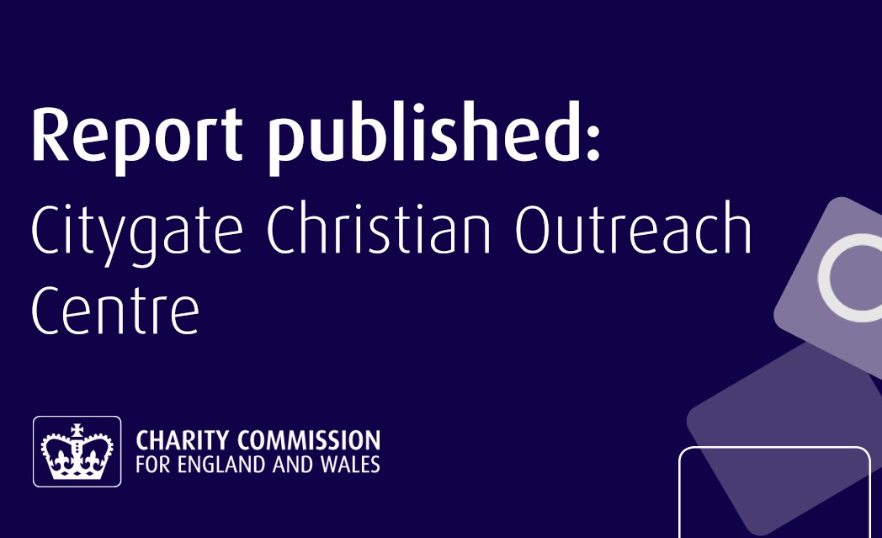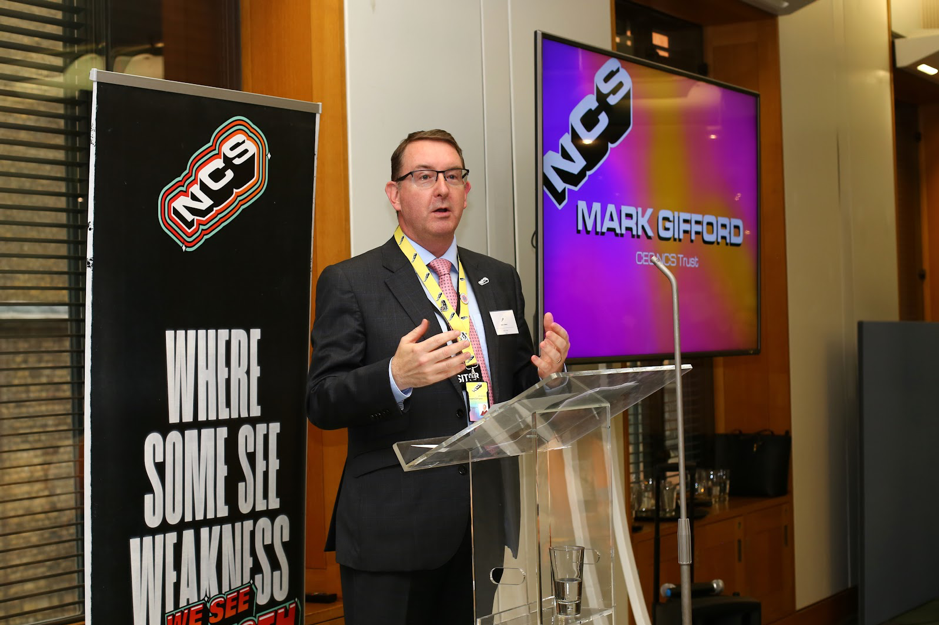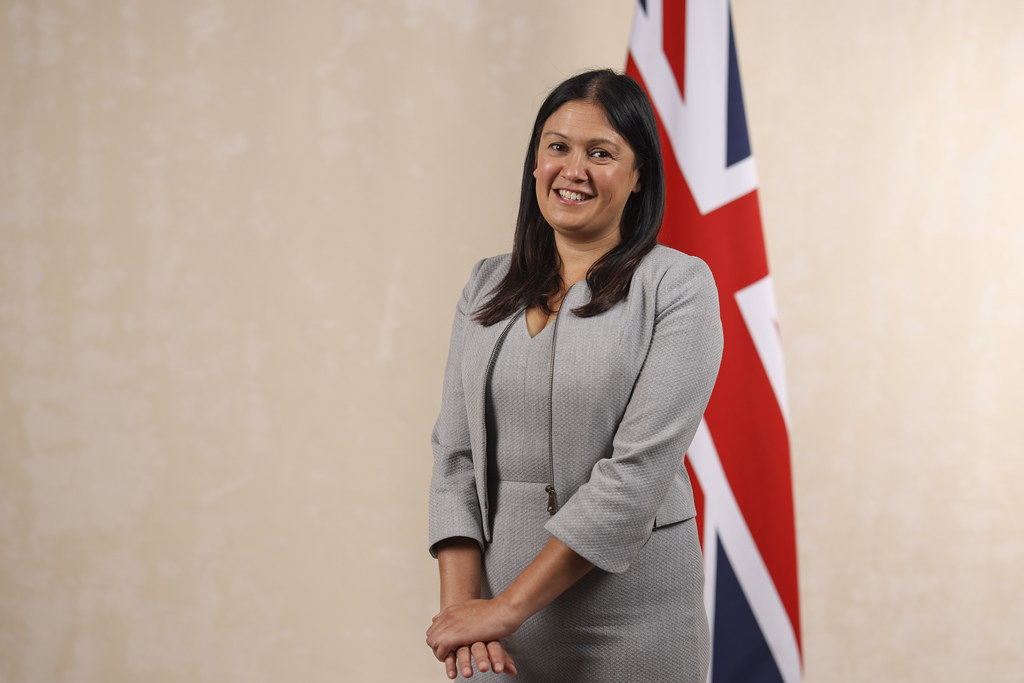On Friday morning the UK was waking up to the first Labour government since 2010, following 14 years of Conservative-led administrations.
This was the first Labour election victory since 2005, as Keir Starmer’s party swept to power in an historic landslide.
At the time of writing Labour had secured 412 seats, up 214 on its poor performance in 2019. Meanwhile the Conservatives have so far lost 251 seats, including those of cabinet members including Penny Mordaunt, Gillian Keegan and Grant Shapps. Rishi Sunak’s party has just 121 seats as of Friday mid-morning, with two more seats to be declared.
But what does a Labour’s victory mean for charities? We gather the views of civil society leaders on the impact of the election result on the sector, including where extra funding and support may be forthcoming.
A renewed social contract
If the Labour Party are true to their manifesto commitments about civil society then charities can expect to have a greater say in how policy is decided and laws are made.
It pledges its ministers “will consult fully” with charities in decision making in areas including employment law, tackling child poverty, improving the environment and phasing out animal testing.
“Government is at its best when working in partnership with business, trade unions, civil society, faith groups, and communities,” its manifesto states, adding “but without a shared project those partnerships barely get off the ground”.
This cements a speech given by Labour leader Keir Starmer earlier this year calling for a “renewed social contract” offering greater involvement of charities in decision making.
He also criticised culture war attacks by right wing politicians on the work of among others the RNLI and National Trust. This indicates charities will have allies among ministers rather than deflect criticism from them, as they had to under the Conservatives.
To everyone who has campaigned for Labour in this election, to everyone who voted for us and put their trust in our changed Labour Party - thank you. https://t.co/q6yDNPnAbo
— Keir Starmer (@Keir_Starmer) July 4, 2024
Dan Corry New Philanthropy Capital says that the “shadow Labour team” have already “built strong links and good relationships with the sector in recent years” adding, “we urge them to continue that into government”.
“It’s vital that civil society has a strong voice in Whitehall,” he said.
“As new ministers settle into their briefs, NPC and the whole the social sector – charities, funders, philanthropists, and impact investors – stand ready to assist with the mission of re-building our country.”
NPC’s head of policy and external affairs Leah Davis added that charities and funders “have the knowledge, experience, and trusted relationships to effectively deliver Labour policies”.
Meanwhile, NCVO chief executive Sarah Elliot says the election result “marks a significant shift in our political landscape” amid Labour pledges to involve the sector.
“Now we must be really clear – charities aren’t just here to deliver,” she said.
“We must have a seat at the table from the very start of planning new policy and initiatives, so the voices of communities are heard.
“Now there is a real opportunity for the new government to grasp. The voluntary sector has an army of untapped and undervalued skills and potential, that will help turn this country around.
“Government must forge a new relationship with charities where we work in true partnership to build a better society. We stand ready and willing to do this.”
It’s a new dawn… Labour has sent strong signals they want to partner with us.
— Sarah Elliott (Vibert) (@sarahvibert82) July 5, 2024
We’d urge our new leaders to focus on building trust and relationships - civil society is critical to delivering for a mission led government.
We’re here, ready and waiting.https://t.co/X11ZsoWSrV
Extra funding?
After 14 years of austerity measures many in the charity sector may hope for the gates of government funding to be thrust open under Labour.
The reality is likely to be that they may pnly creak open from time to time as money will still be tight amid Labour manifesto commitments not to raise households’ tax burden and following 14 years of poor economic growth.
Institute of Fiscal Studies director Paul Johnson said when the manifesto was released that it contained "almost nothing in the way of definite promises on spending despite Labour diagnosing deep-seated problems across child poverty, homelessness, higher education funding, adult social care, local government finances, pensions and much more besides".
International development could be among areas that have to wait for the chance of extra funding.
While the party is committed to increasing the UK’s international aid budget, this will only happen “when fiscal circumstances allow”.
Social investment could provide vital funding to the sector to meet government commitments, according to Better Society Capital chief executive Stephen Muers.
“The social impact investment sector is ready to support,” he said.
“Through providing social and affordable housing, creating cheaper and more efficient public services and funding innovative tech products which change lives every day, social investment has proven to be a trusted mechanism to help government deliver on promises.
“By creating a policy environment which fosters social investment, the new government can leverage £50 billion of additional investment to make positive impact across the country.
“We look forward to collaborating with Sir Keir Starmer and his new Government, helping to develop solutions for making tax-payer money go further, and making society better for all those living in the UK."
Charities Aid Foundation chief executive Neil Heslop is also urging the Labour government to "unlock" social investment, as well as philanthropy "across the UK.
“Charities are the backbone of society, experts in serving communities and in innovating to deliver great social impact," he said.
"But they have been through tough times. This new government needs a fresh approach to working in partnership with civil society –so it thrives and not just survives."
Youth services
Education and support for young people could be among areas where significant funding for charities could be forthcoming.
The manifesto details how improvements in state schools will be funded by ending tax breaks for private schools.
This money will then be invested in state education, with commitments made around recruiting 6,500 new teachers as well as improving careers guidance, early language development in primary school and mental health support for young people.
In addition it will provide 3,000 new nurseries and breakfast clubs will be run in schools.
This indicates charities supporting young people in areas such as early years, employability, mental health and combating food poverty could benefit under a Labour administration.
Among Labour manifesto pledges for young people is to create a Young Futures progamme involving a network of support hubs. These will offer young people help from among others youth workers, mental health support worker and careers advisers.
Mental Health First Aid England director of people and organisational effectiveness Sarah McIntosh said the charity is looking forward to working with the government on this pledge, as well as a promise to reform the Mental Health Act.
“Above all we need empathetic political leadership and a government who puts mental health and suicide prevention high on their agenda,” she said.
“One that understands that investing in mental health training, support, and services for organisations, workplaces and schools will have a positive ripple effect and help to build a mentally healthy nation.”
“With 1 in 4 of us experiencing a mental health problem each year, more than 1.9 million people in England currently waiting for mental health care, and suicide rates rising, the new Government must act fast to save lives : https://t.co/PtCs69jMcr#GeneralElection #MentalHealth pic.twitter.com/ujI0pdcqB1
— MHFA England® (@MHFAEngland) July 5, 2024
Another charity leader to welcome the impact of the Young Futures commitment is Jo Henney, chief executive of care home charity Nugent.
She said she is “encouraged” by the programme’s provision of youth work, mental health and careers support “to create a sense of place, community, opportunity, and support for future generations”.
Labour’s manifesto also pledges support for children with experience of care, including those in kinship, fostering and adoptive households.
Adoption UK’s chief executive Emily Frith is urging the Labour government to “deliver the reforms needed to ensure adopted people and others with care experience are given an equal chance in life”.
She added: “This government has a mandate for radical change, and children’s social care is crying out for a fresh approach. We need a commitment to a social care system which keeps families together but is there for every child who is unable to grow up with their birth parents, throughout their lives.”
Health
NHS Charities Together chief executive Ellie Orton is hopeful further funding is invested in the NHS.
“We need and expect the NHS to be a top priority for the newly elected Labour Government and we will seek to swiftly engage with them, so they fully understand the vital role played by NHS charities in supporting our health service,” she said.
“NHS staff are working under immense pressure with unprecedented staff shortages and vacancies, while demand continues to rise. The Labour party’s manifesto rightly identified the urgent crisis faced by the NHS.”
But she is concerned that “there is a sizeable discrepancy between the amount of funding pledged by the Labour party and the actual amount our healthcare system needs” adding “this gap will need to be plugged”.
Last month health think tank the Health Foundation estimated £38bn extra a year will be needed to “revive the NHS”.
Disability services
Sense chief executive Richard Kramer says a priority of the Labour administration needs to be to transform “life for disabled people in this country.
“The new UK government must show from day one that disabled people and the societal inequalities they face truly matter to them. That means urgently setting out a plan to fix social care, access to special education and welfare”
But he is concerned that “disabled people and the issues that matter to them most were worryingly absent” during the General Election campaign, “with almost half of disabled people telling us they felt left behind and forgotten by political parties”.
“Sense wants the new government, and newly elected MPs of all parties, to listen to disabled people’s voices, understand that the problems they face have been exacerbated by the pandemic and cost of living crisis – and work with us to change disabled people’s lives for the better,” he added.













Recent Stories